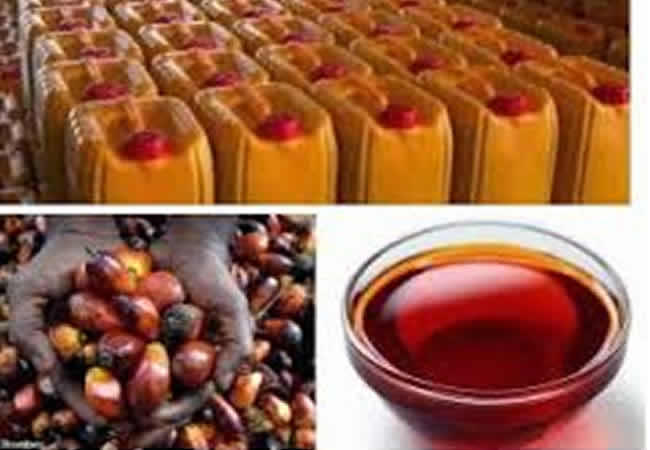Oluwatoni Oladiran, Chief Executive Officer of Oilden Energies, has issued a stern warning against using palm oil as a base oil in the production of lubricants, highlighting the detrimental effects on engines.
In a recent interview with select journalists, Oladiran expressed concern over the increasing prevalence of adulterated engine oils in the market. He noted that some counterfeiters have resorted to using edible palm oil in lubricants, a practice he says will cause significant engine damage.
“Palm oil cannot maintain its position as it changes with the weather,” Oladiran explained. “Using it in lubricants is not an innovation but a recipe for disaster. It results in rampant cases of damaged engines and transmissions. Unlike contaminated fuel, which can be fixed, substandard lubricants can irreparably damage an engine.”
Oladiran emphasized that palm oil should never be considered a viable substitute for base oils used in producing different types of lubricants, such as 15W40 and 5W30 for cars, or SAE40 for industrial machines.
“The extract from palm oil, hydraulics SM150, is unreliable. It may initially serve the purpose, but once exposed to cooler temperatures, it thickens and defeats its intended function,” he stated. “Base oils do not behave this way under any weather condition.”
Highlighting the dangers, Oladiran advised against using palm oil-based lubricants, even for small generators, and warned of severe damage if used in heavy-duty machines.
Oladiran also addressed the challenges faced by the lubricant industry, noting that base oil, a critical component, is currently imported. He lamented the difficulties posed by foreign exchange fluctuations and emphasized the need for local refineries to become operational.
“Nigeria must refine its crude oil locally to reduce dependence on imported refined products. By doing so, we can add value to our crude oil, create jobs, and boost the local economy,” Oladiran concluded.
In related news, discussions on investing in palm oil to save Nigeria $600 million annually and the risks of using palm oil as a vehicle lubricant continue to gain traction among industry stakeholders.

